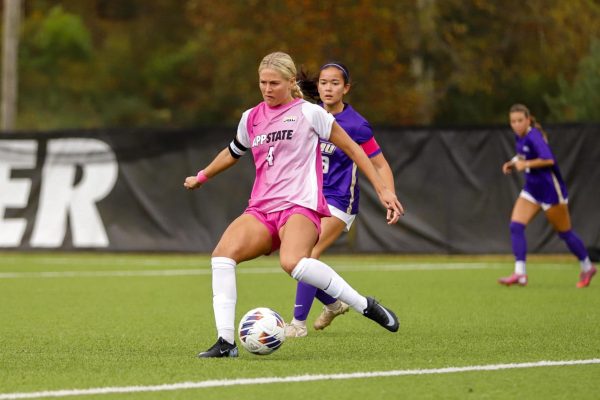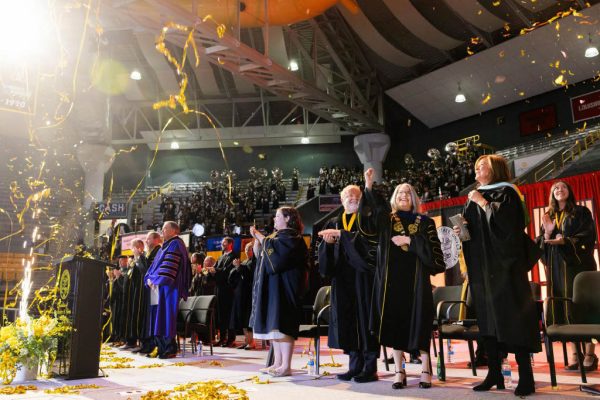Opinion: Schools can still support students’ mental health, even virtually
January 31, 2021
Many college students are returning to school. Looking back at 2020, COVID-19 forced some into isolation, increasing depression, anxiety, and other mental health conditions in many populations. With going virtual, students could no longer see classmates or teachers in person. This weakened students’ support. However, many colleges have learned how to create a better online-learning environment by using Zoom as a means for classes and one-on-one conversations with students. With the creation of online resources and supportive teams, schools can improve students’ mental health.
Recent research on how COVID-19 has impacted students’ mental health showed that 71% of the 195 surveyed experienced heightened levels of stress and anxiety because of the pandemic. However, other studies explain the positive impact school has on mental health.
One article showed that children felt less depressed and “fidgety” once returning back to school from July to October last year. During breaks from school, parents reported their children as being “restless” and more argumentative.
Psychology professor Cathy Creswell noted that these school interruptions affect children’s behavior. Essentially, children’s lack of school negatively impacts their mental health.
Being unable to see peers in-person and interact with people outside of the house can be draining on one’s mentality. Some students need a strong school structure where they can be physically present and engage in class, which is difficult to establish online.
Given that schools are meant as a place for support and guidance to students, it is not surprising that many struggle emotionally when lacking aid. Depending on a person’s home situation, school may be regarded as a place of security or friendship.
Schools should strive to increase communication between students, especially in an online setting, that encourages students to socialize with each other as well as offer advice on where and how to seek mental health resources.
For example, teachers could have students talk together in breakout rooms for five minutes either about a specific topic in the news or about the class, or just about what they did for fun the day before. This encourages students to feel more comfortable talking to fellow classmates. Professors could also schedule one-on-one meetings with students to see how they are adjusting to the class and what they need to succeed.
Data from a CDC report shows that a quarter of people ages 18 to 24 thought about committing suicide around August of 2020. An estimated 30.9% of surveyors reported depression and/or anxiety due to the pandemic.
Schools can help support students during the pandemic to prevent mental health decline by establishing online or in-person counseling resources, as well as a space for students to interact with their peers and professors. For example, App State hosts “Let’s Talk,” a virtual counseling program for students to have one-on-ones with counselors.
App State also offers group teletherapy services through the counseling center where students meet online to talk to counselors. These meetings offer different workshops for students to talk about subjects ranging from managing stress and anxiety to learning about understanding emotions.
Mental Health Ambassadors is another group formed by App State students to educate their peers about mental health in the community through presentations and special programs.
Colleges should aim at finding ways to involve students and faculty in addressing mental health, just like NC State counselors did in 2019 with their “INSPIRE” video, earning the Media Award from the Association of University and College Counseling Center Directors. The project consisted of students, particularly international, and staff members describing how they deal with mental health.
There are other online resources teachers can share with students and use for themselves such as Youtube videos, virtual therapy counselings like Talkspace, online support groups such as ADAA and many more.
Colleges are utilizing the creativity of their students and staff to make a stronger and more supportive environment to ensure a positive mentality for everyone.












